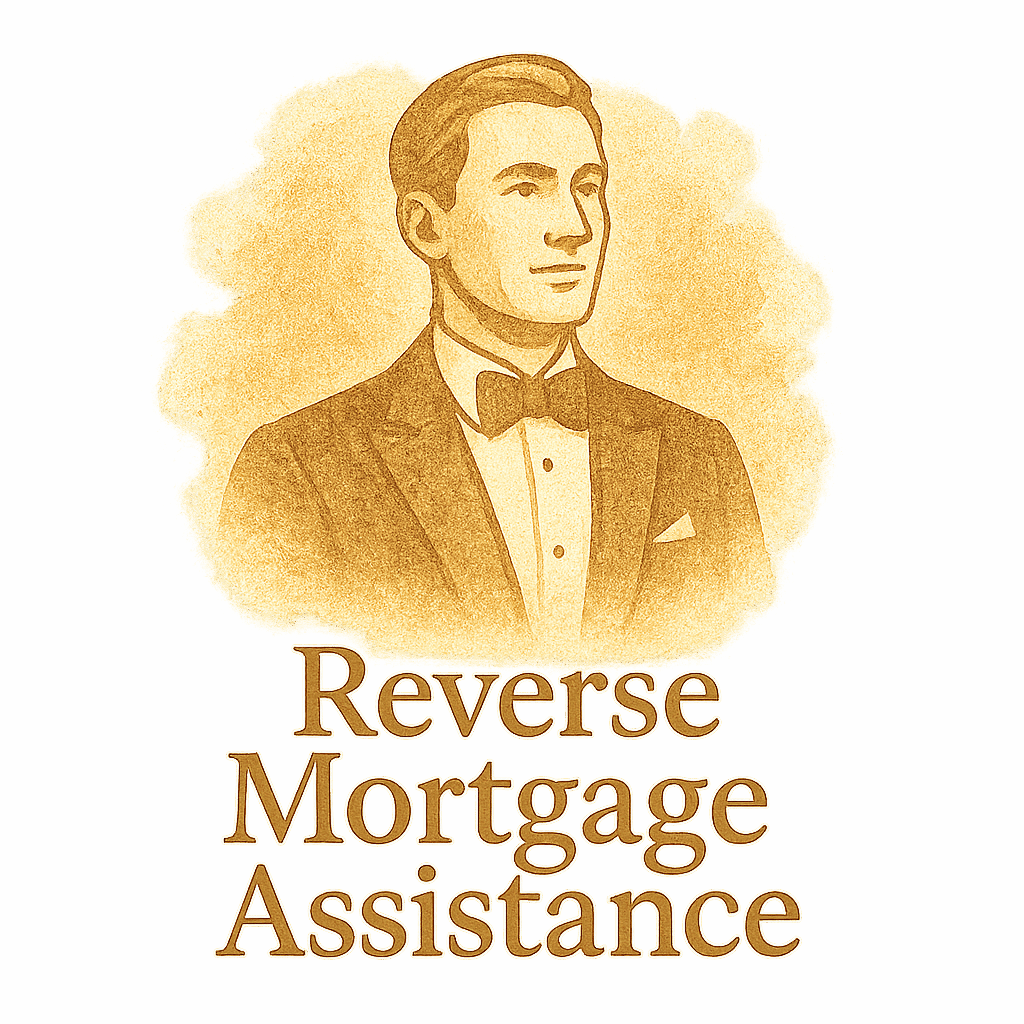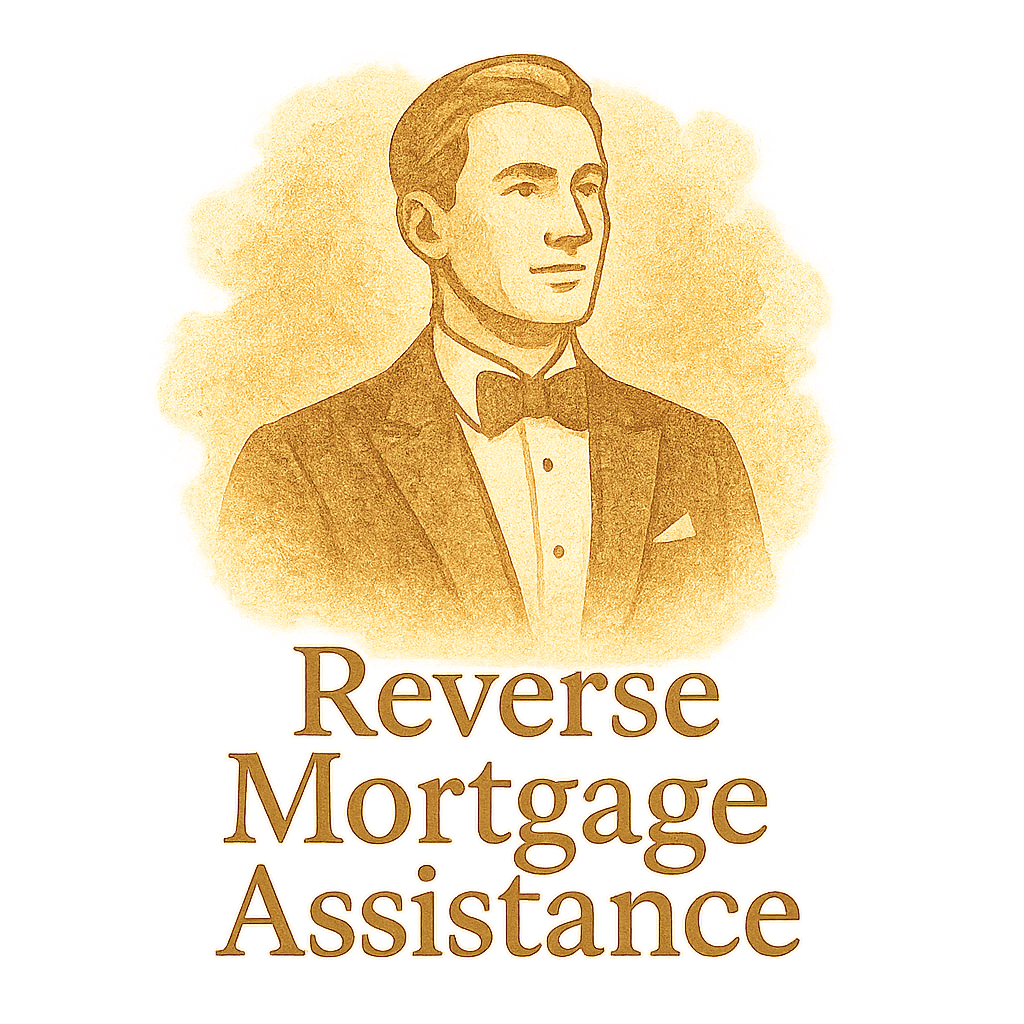If you’re approaching retirement or already retired, the term “reverse mortgage” has probably crossed your path. But did you know there are actually 6 types of reverse mortgage loans? Yep, it’s not a one-size-fits-all deal. In this post, we’ll break each one down so you can make smarter financial decisions and take full advantage of your home equity.
What Is a Reverse Mortgage?
A reverse mortgage lets homeowners aged 62 or older convert part of their home equity into cash. Unlike a traditional loan where you make monthly payments to the lender, the lender pays you. It’s a way to age in place comfortably, especially if you’re house-rich but cash-poor.
How Does a Reverse Mortgage Work?
Here’s the gist: instead of making payments, you receive them—either monthly, as a lump sum, or as a line of credit. The loan gets repaid when you move out, sell the home, or pass away.
Explore more details in our Reverse Mortgage Basics section.
Who Qualifies for a Reverse Mortgage?
To qualify:
- You must be at least 62 years old.
- The home must be your primary residence.
- You should have significant equity in the home.
- You need to stay current on property taxes and insurance.
Why Understanding Reverse Mortgage Types Matters
Different types of reverse mortgages serve different needs. Whether you need a little help with property taxes or want to purchase a new home in retirement, there’s likely a loan tailored to your situation. Picking the right one could mean the difference between financial peace and stress.
1. Home Equity Conversion Mortgage (HECM)
The HECM is the most common type of reverse mortgage and is backed by the Federal Housing Administration (FHA).
Government-Insured Security
HECMs are federally insured, which adds a layer of safety. You’ll never owe more than the home’s value.
Standard Features and Benefits
It’s a flexible option that lets you choose:
- Lump sum
- Monthly payments
- Line of credit
- Or a combination of the above
Loan Limits
The FHA sets borrowing limits annually. These can affect how much you can access.
Counseling Requirement
You must undergo HUD-approved counseling to ensure you understand the risks and benefits. Learn more on our Legal & Regulatory page.
2. Proprietary Reverse Mortgage
These are private loans offered by lenders—not insured by the government.
Tailored for High-Value Homes
If your home is worth more than the HECM limits, a proprietary reverse mortgage may give you access to more funds.
Unique Flexibility and Options
These can sometimes be less restrictive and may not require mortgage insurance.
Explore loan comparisons here to see how these stack up.
3. Single-Purpose Reverse Mortgage
This is the simplest and least expensive type, offered by some state and local government agencies or nonprofits.
Budget-Friendly and Targeted Use
Funds must be used for a specific purpose like:
- Home repairs
- Property taxes
- Insurance payments
Offered by Nonprofits and Local Agencies
Great if you’re on a limited income and only need help with one major expense. Read more reverse mortgage case studies to see how this helped real people.

4. Jumbo Reverse Mortgage
This one’s like the proprietary reverse mortgage but geared specifically toward luxury homes.
Exceeding FHA Limits
If your home is valued at over $1 million, a jumbo reverse mortgage might be your best bet.
For High-Earning Retirees
It’s perfect for those with substantial equity who want more freedom and access to funds without the caps of an HECM.
5. Reverse Mortgage for Purchase (HECM for Purchase)
Yes, you can buy a home using a reverse mortgage!
Downsizing or Relocating in Retirement
This is ideal if you’re looking to move closer to family or into a more manageable home.
Streamlining the Buying Process
It allows you to combine the purchase of a new home with a reverse mortgage, using one transaction. More details are available in our Mortgage Planning guide.
6. Hybrid Reverse Mortgage Loans
These are still relatively new but promising.
The Best of Both Worlds
They aim to combine the features of fixed and adjustable-rate mortgages, offering stability and flexibility.
Combining Flexibility and Security
Perfect for retirees who want a middle-ground solution. Stay updated by following Reverse Mortgage news and trends.
How to Choose the Right Type of Reverse Mortgage
Consider Your Financial Goals
Think about why you want the loan. Is it for daily living? Home improvements? A new home?
Compare and Analyze Options
Use our loan comparison tool to see side-by-side breakdowns.
Common Misconceptions About Reverse Mortgages
You Don’t Lose Ownership of Your Home
You remain the owner and can live in the home as long as it’s your primary residence.
Your Heirs Aren’t Left With Debt
If the loan balance exceeds the home’s value, the government insurance covers the difference—not your family.
Explore more myths and facts on Mortgage Myths & Truths.
Planning Ahead: Reverse Mortgage Preparation Tips
Start with the basics. Understand the types, evaluate your home equity, and get financial counseling. Need help getting started? Our preparation resources are a great place to begin.
Legal and Regulatory Aspects You Need to Know
Every reverse mortgage comes with its share of legal terms, disclosures, and responsibilities. Brush up on legal terms to stay informed.
Conclusion
Understanding the 6 types of reverse mortgage loans is more than just knowledge—it’s financial empowerment. Whether you’re looking for basic financial help or planning to buy a new home in retirement, there’s a reverse mortgage for you. And remember, it’s your home, your rules—reverse mortgages just offer more ways to make the most of it.
Explore more about retirement, equity, and contracts in our educational resources at:
- Reverse Mortgage Assistance
- Equity Topics
- Retirement Guidance
- Contract Discussions
- Seniors Advice
FAQs
1. Can I lose my home with a reverse mortgage?
Only if you fail to meet loan requirements like paying taxes, insurance, or maintaining the home.
2. How do my heirs repay the loan?
They can sell the home, refinance, or turn it over to the lender—without personal liability.
3. What if my home value drops?
You’re protected—FHA insurance ensures you’ll never owe more than your home is worth.
4. Can I use a reverse mortgage to buy a home?
Yes! The HECM for Purchase allows that.
5. What fees are involved in reverse mortgages?
Expect origination fees, closing costs, servicing fees, and possibly mortgage insurance.
6. Are reverse mortgage proceeds taxable?
Nope! Funds from a reverse mortgage are not considered taxable income.
7. Where can I learn more about legal requirements?
Check our Legal & Regulatory page for complete guidance.


